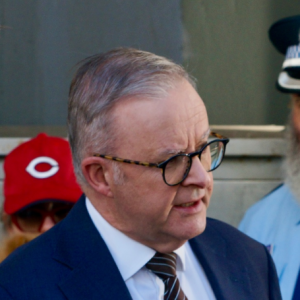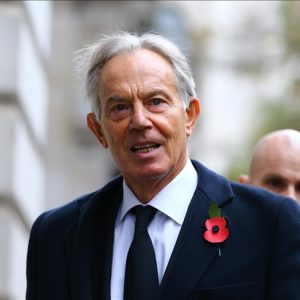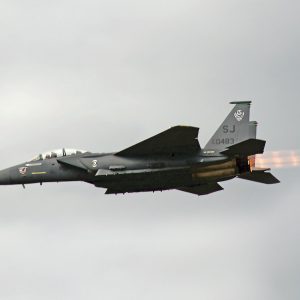Burkina Faso blocks France 24 broadcasts over al-Qaeda interview
KIGALI, Rwanda (AA) – Burkina Faso’s military government said on Monday it had suspended France 24 broadcasts after the TV station ran an interview with the head of the al-Qaeda’s North African wing.
The channel aired an interview with Yezid Mebarek, head of al-Qaeda in the Islamic Maghreb (AQIM), earlier this month.
Mebarek, also known as Abu Ubaydah Yusuf al-Anabi, has been the leader of the group since 2020, when French forces killed his predecessor in an operation.
By interviewing Mebarek, France 24 “is not only acting as a mouthpiece for these terrorists, but worse, it is providing a space to legitimize terrorist actions and hate speech,” Burkina Faso’s Communication Minister Jean-Emmanuel Ouedraogo said in a statement.
The minister said the Burkina Faso government does not contest the channel’s editorial independence, but the interview put a spotlight on its “professional ethics.”
“The government has, therefore, decided, in all responsibility and in the best interests of the nation, to immediately suspend the broadcasting of France 24 programs nationwide,” he said.
France 24, which is run by French state-owned holding company France Medias Monde, deplored the move, saying it was based on “unfounded accusations.”
“The channel never gave him the floor directly,” it said in a statement, arguing it only reported Mebarek’s comments through a studio conversation with one of its journalists.
The decision was taken without notice and in disregard of the procedures provided for in the broadcasting agreement the channel signed with Burkina Faso’s communications regulator, the statement said.
In December 2022, the Burkinabe government suspended Radio France International in similar disregard of procedures, it added.
Relations between France and Burkina Faso have soured since last September’s military coup.
In January, Burkina Faso ended its military pact with France, giving the former colonial power one month to withdraw troops stationed in the country to help fight insurgents.
The decision followed several demonstrations against French military presence in Burkina Faso, which protesters contended was ineffective in stemming a rise in terrorism since 2015.









